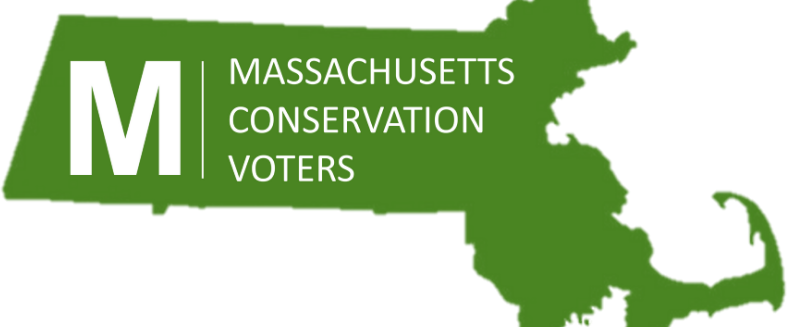Alex Brown | The Pew Charitable Trusts | December 3, 2019
When Alabama closed Roland Cooper State Park in 2015 because of budget cuts, entrepreneur Warren Meyer saw an opportunity. Meyer runs Recreation Resource Management, a concession company that maintains campgrounds, builds cabins and provides amenities at state parks and U.S. Forest Service sites around the country.
The Alabama Department of Conservation and Natural Resources awarded the company, known as RRM, a contract to run the park on the agency’s behalf. The campgrounds, cabins and bathrooms reopened in 2016 for the anglers, campers and birders who visit the 236-acre park along the Alabama River.
“We were able to reopen the park within a year after it closed, and RRM has been running it ever since and doing a fantastic job,” said Rob Grant, assistant director of Alabama’s State Parks Division. “It’s a net profit for us, and we were losing money there before.”
Meyer advocates for increased privatization on state and federal land. He said Roland Cooper shows how concessionaires are bolstering governments’ efforts to keep public lands thriving.
“We’re being asked to come in and provide the capital to refurbish the campgrounds or provide amenities that governments can’t really appropriate,” he said. “We like the parks; we’re not trying to turn them into McDonald’s or used car lots. It’s easy to get these win-wins.”
But the role of private companies on public lands has come under increased scrutiny after a panel appointed by the Trump administration recommended last month privatizing national park campgrounds and opening them to WiFi, food trucks and Amazon deliveries. Critics note that many of the panelists tapped by the White House were leaders of concession companies.
While the national plan is hotly debated, state park systems across the country already vary widely when it comes to privatization. Some states use private companies to clean bathrooms, sell souvenirs and rent kayaks. Others allow contractors to run campgrounds or parks. And a few states have solicited large developments in their parks or sold public land to private companies.
Sometimes, that hasn’t worked out so well.
To read the full blog, please click here.
